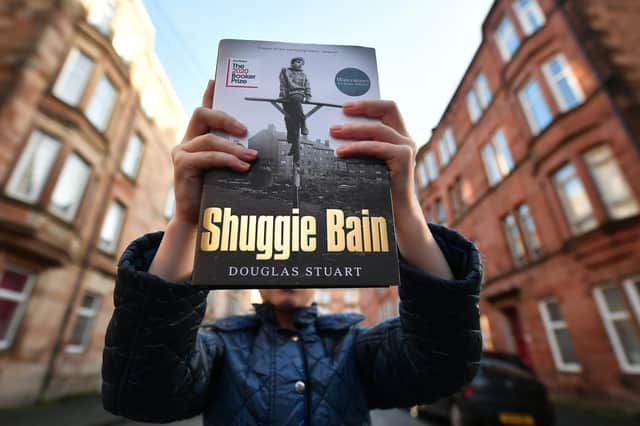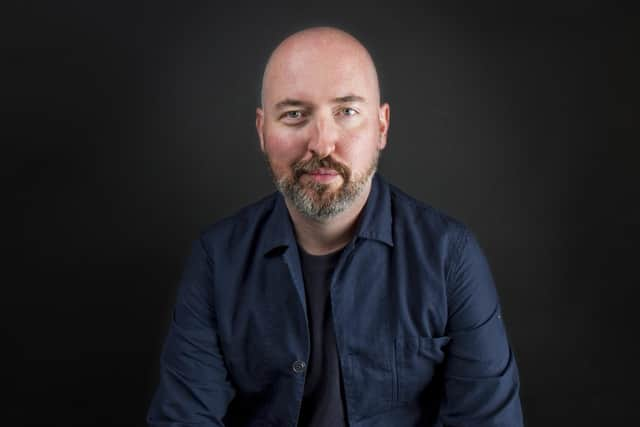Shuggie Bain author Douglas Stuart credits two schoolteachers with changing his life


The Glasgow-born author has told how his life was changed “entirely” when he was introduced to literature while he was struggling to finish high school in the city.
He has revealed how he has since managed to track one of the teachers who is still alive to personally thank him.
Advertisement
Hide AdAdvertisement
Hide AdStuart, who won the Booker Prize with a debut novel which took him more than a decade to write, last week became only the second Scottish author to win the coveted title.


He drew on his own childhood experiences to write Shuggie Bain, which depicts the relationship between a young boy trying to protect his mother as she battles alcohol addiction.
Stuart, 44, who attended Crookstone Castle Secondary in the Pollok area of Glasgow, did not take up writing until he was working as a fashion designer in New York, where he has lived for the last 20 years.
Speaking on the BBC Radio 4’s Front Row programme, Stuart said: “I grew up in a house that didn’t really have any books and we weren’t big readers. That wasn’t unusual for the time or the place.
Advertisement
Hide AdAdvertisement
Hide Ad“I don't think I read a book cover to cover until I was about 17. It was after my mother passed away.
“For me at school, I was queer, I was bullied an awful lot, and then there was a lot of trouble at home, so I didn't have the peace in my environment or inside myself to focus or concentrate.
“I had two really, really important English teachers, Mr Arthur and Mr Archibald, that came into my life after my mother died, who saw that I was struggling and trying to stay in education and finish high school.
“They introduced me to a whole world of literature and all these things that have stuck with me and I've loved my entire life.
Advertisement
Hide AdAdvertisement
Hide Ad"They saw this boy that was struggling academically but trying his very hardest. They just had such kindness and patience. They changed my entire life.
"When I won the Booker I thought of all the people I want to tell in the world I want to tell my two English teachers.”
Stuart recalled how he had felt for years that Shuggie Bain would never see the light of day.
He said: “I kept it mainly to myself. I was writing mainly for the characters. I didn’t have any notion of anyone else ever reading it.
Advertisement
Hide AdAdvertisement
Hide Ad"Part of the reason the book took so long to write was I had to work around making a living. I wrote anywhere I could. I would write scenes on the subway and be running dialogue through my mind all day. I ruined a lot of summer holidays.
"I just had to fit it into the margins of my life. But because the story comes from so close to my heart and is just there under my skin it wasn’t hard to submerge myself in the world of 1980s Glasgow. I was always just longing to get back to the page.”
Comment Guidelines
National World encourages reader discussion on our stories. User feedback, insights and back-and-forth exchanges add a rich layer of context to reporting. Please review our Community Guidelines before commenting.